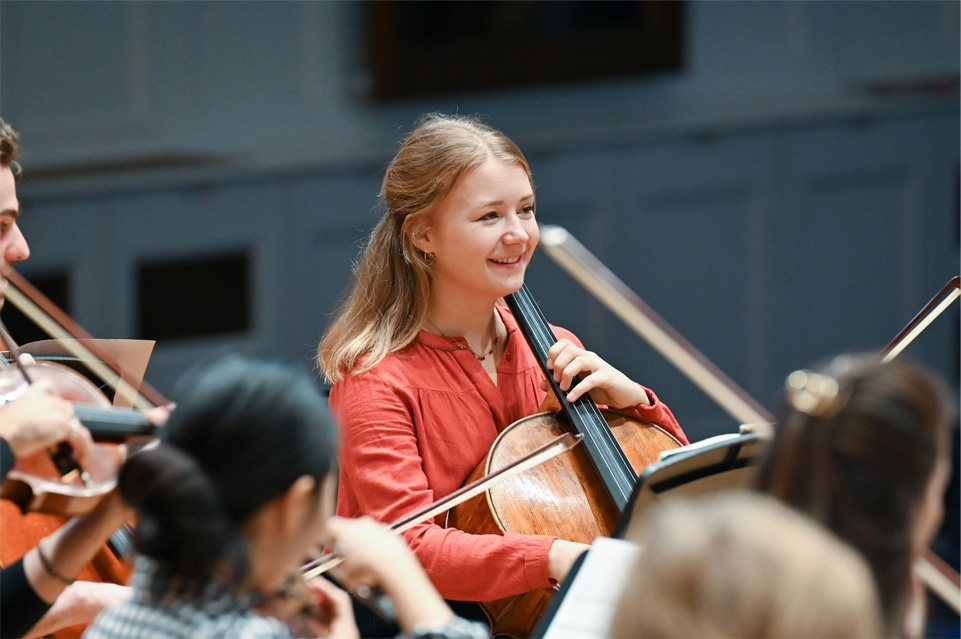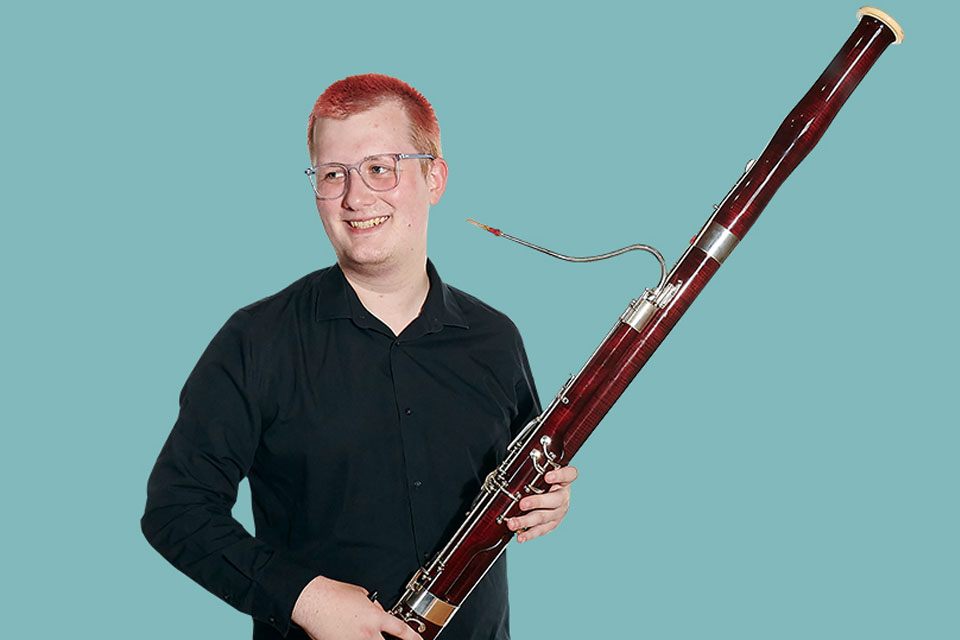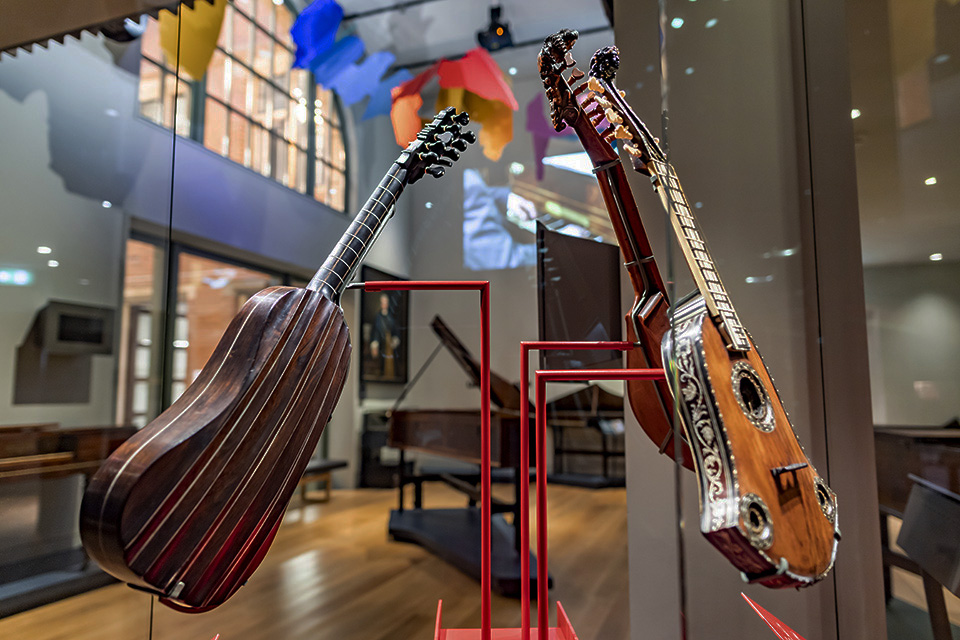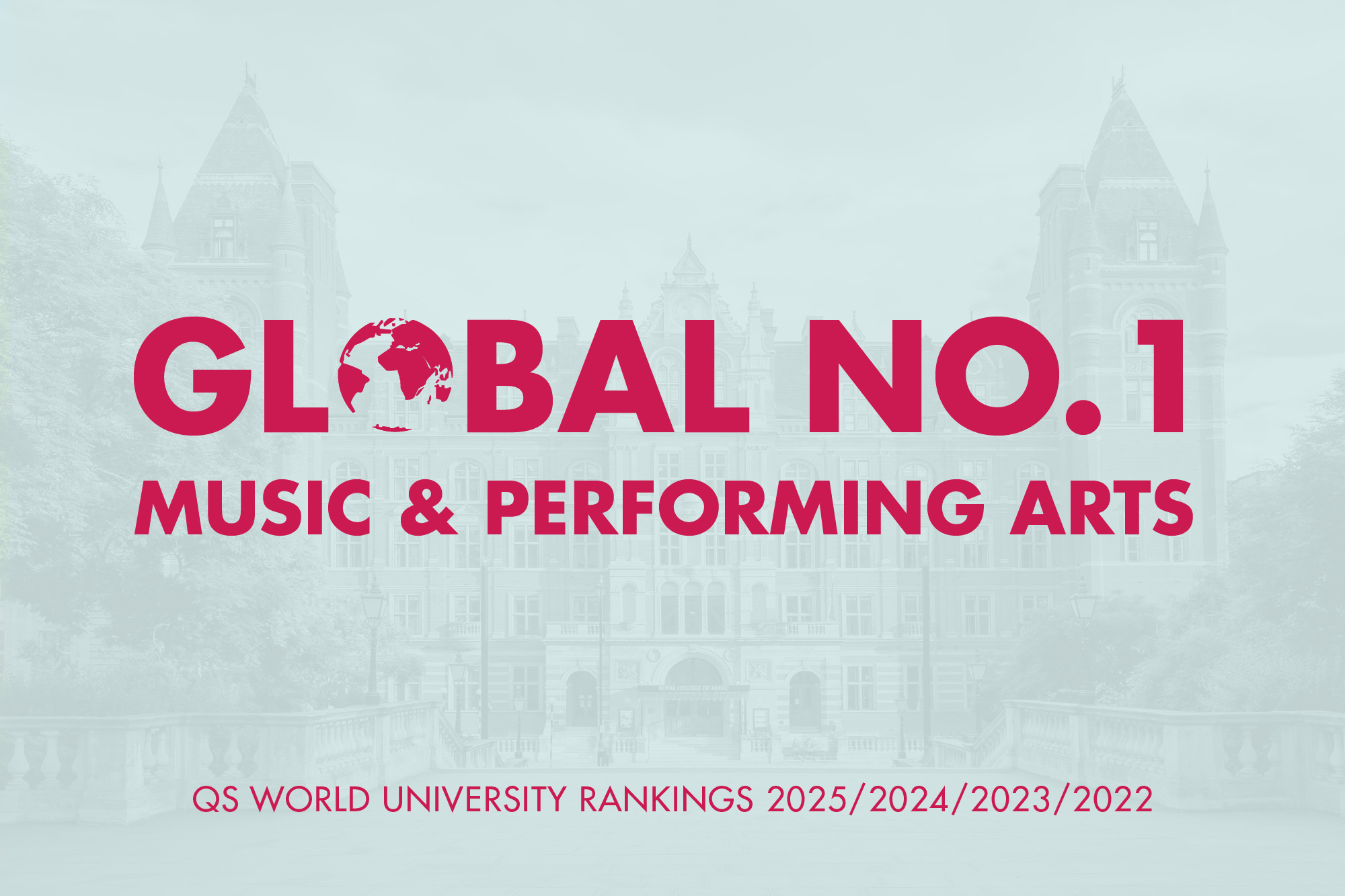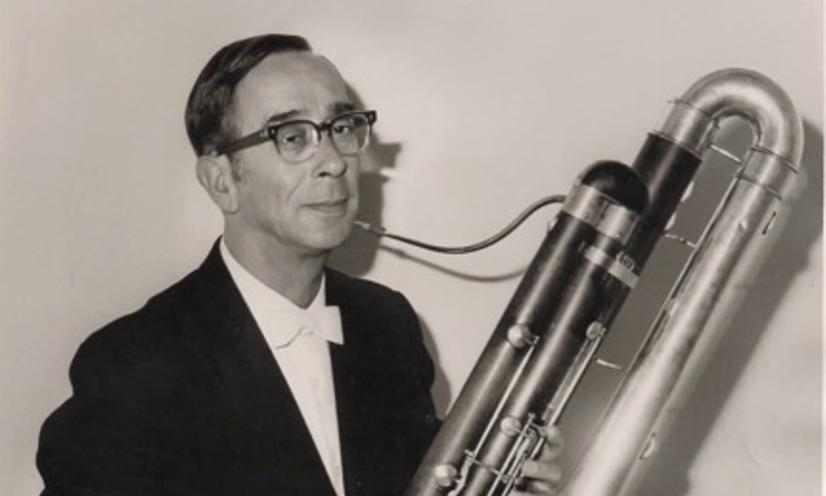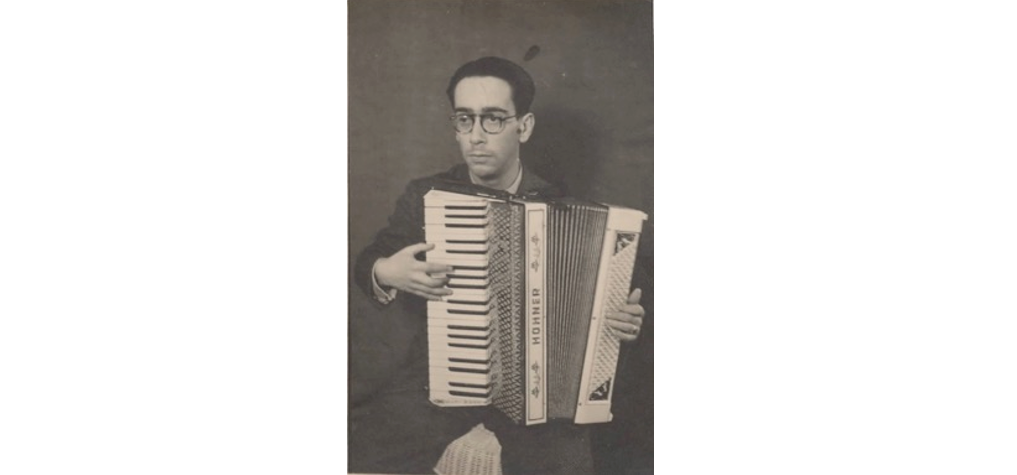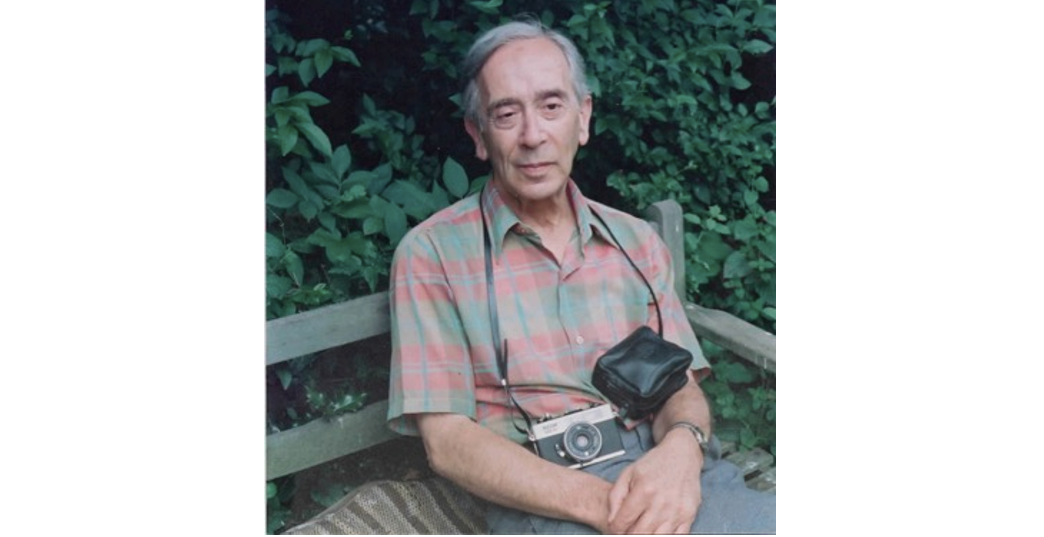1913-2001. Instrumentalist (bassoon, contrabassoon, piano, accordion), teacher, and member of the London Philharmonic Orchestra.
Author: Gillian Kennedy
My father was born Waldemar Koch in Frankfurt-‐am-‐Main in 1913 to Ludwig Paul Koch and Nelly Sylvia (née Herz).
The family moved to Berlin in 1928 following Ludwig’s appointment as Director of the Cultural Department at the record company Carl Lindström. Ludwig Koch was the first of the family to find refuge in England (he was lecturing in Switzerland and was told not to return to Germany) and made a career as a pioneering bird recordist, broadcasting with the BBC.
Val managed to gain his Abitur, the year the Nazis came to power (at the Karl-‐Marx-‐Schule) but as a Jew he was unable to pursue study at university. He studied piano, composition, and musicology privately. He also studied with Hohner, learning to play and repair accordions. He worked in Germany, Holland and France demonstrating and selling this instrument and also setting up accordion clubs.
My grandfather conceived the idea that Val should study the bassoon as bassoonists were in short supply in Britain and it presented a possible way to escape from Nazi persecution. It was difficult to find a teacher who would accept a Jewish student. My father related that he had to walk round the block to make sure no one saw him enter his piano teacher’s house. This teacher was forced to leave, and one day Val turned up and found the house occupied by Nazis. I think he didn’t take up the bassoon until 1936, so he had to learn it very quickly.
Thanks to a meeting in Berlin with Sir Hugh Allen, Director of the RCM, Val obtained a place and an exhibition at the RCM to study bassoon and piano (he later changed to conducting) – he obtained money from the International Student Service. He was also awarded the Harriet Waley-‐Cohen scholarship. He began his studies at the RCM in 1937 and obtained his ARCM in 1939.
At the outbreak of war, he enlisted in the Pioneer Corps and in 1943 his name was changed from Waldemar Koch to Valentine Kennedy. He was naturalised British in July 1946. In 1942 he had married Marjorie Broderick, a gifted pianist and piano teacher.
On her marriage, Marjorie became stateless and was not allowed to ride a bicycle. She was subsequently naturalised. My parents gave recitals together, particularly to schools through the LCC. They had two children: Gillian, an art historian, and Anthea, an independent film-maker. Val joined the London Philharmonic Orchestra in 1946 as second bassoon.
He resigned from the orchestra in 1953 with twelve other members, including the entire horn section, in protest at the totally unfair dismissal of Tom Russell, the communist manager of the orchestra, after the latter attended a delegation to Beijing – in his own time.
He then freelanced, playing with a variety of orchestras (including London orchestras, Karl Haas, Boyd Neel, the Hallé, the Northern Sinfonia, as well as doing film and TV work.) I think he only had to spend one day selling encyclopaedias as freelance work was fairly abundant.
He was invited to rejoin the LPO in 1964 by which time he had taken up the contra bassoon and became their principal contra player. Ruth Gipps wrote Leviathan for him in 1969, a work for solo contra bassoon and orchestra. He regularly played with the orchestra at Glyndebourne and only retired in 1988 when he was aged 75.
He died of pancreatic cancer in 2001 at the age of 88.
Val Kennedy: Overview
As Kennedy’s daughter, Gillian Kennedy, notes, her father Val Kennedy performed across a variety of settings with numerous ensembles. His career demonstrates the necessity of mobility for professional musicians, across instruments (from the piano to the bassoon), and in the post-war period, often between ensembles.
As part of the wider movement of post war concerts across Britain that had come from the work of CEMA (Council for the Encouragement of Music and Arts) during the war, Kennedy’s career took him across the UK in a variety of venues. He played in museums like the South London Horniman Museum in 1955, in an educational concert accompanied by Leonard Rafter on woodwind Music of the late 19th and 20th centuries.
Kennedy also performed with schools, with Rafter’s ‘New English Orchestra Ensemble’ in Cheshire secondary schools, as well as with the London Wind Trio in Leicester. These concerts were for both school pupils and local audiences, one review singles out Kennedy’s reputation as ‘being a most musicianly instrumentalist [who] confines his activities to chamber music’ (Hinckley Times, 12 November 1954, 3).
Like many of the migrant musicians this project has followed, Kennedy also played at concert clubs, for example Worthing with the English Wind Players. One review of a concert club in Diss, given at the Secondary Modern School, notes that Kennedy’s bassoon plays ‘gave the lie to those who had previously regarded this instrument purely as a source of amusement.’ (Diss Express 12 October, 1956, 5)
Kennedy performed on the BBC’s Third Programme several times, in 1946 he played with Norman Del Mar and Dennis Brain as part of the London Baroque Ensemble (conducted by fellow migrant, Karl Haas); and alongside the London Wind Quartet played the British premiere of Poulenc’s Sextet for piano, flute, oboe, clarinet bassoon and horn.
Kennedy’s association with Karl Haas led to several further concerts, including a 1947 program, again with Del Mar and Brain, and Leon Goossens and Natalie James, among others.
He returned to the BBC several times, in 1965 he broadcast twice with the Portia Wind Ensemble, in a concert of Sibelius’ work and a further of Mozart, Strauss and Dvorak. In 1976 he broadcast as soloist on BBC Radio 3 in the premiere of Ruth Gipp’s ‘Leviathan’ with the BBC Welsh Symphony Orchestra, which had been written for him in 1969 after his request to Gipp to write a piece to show off the double bassoon (the contrabassoon). (The concert, with Kennedy as soloist, is currently available to listen to on YouTube).


